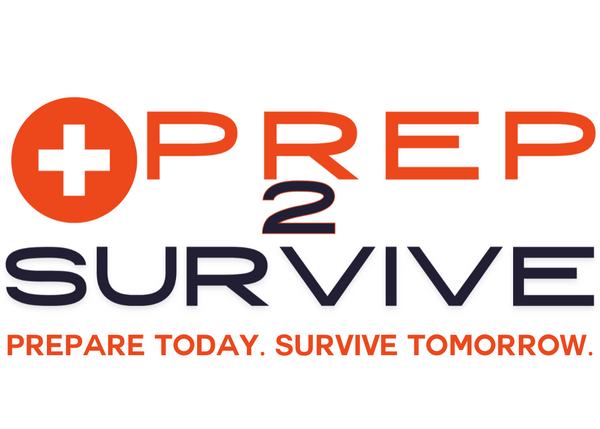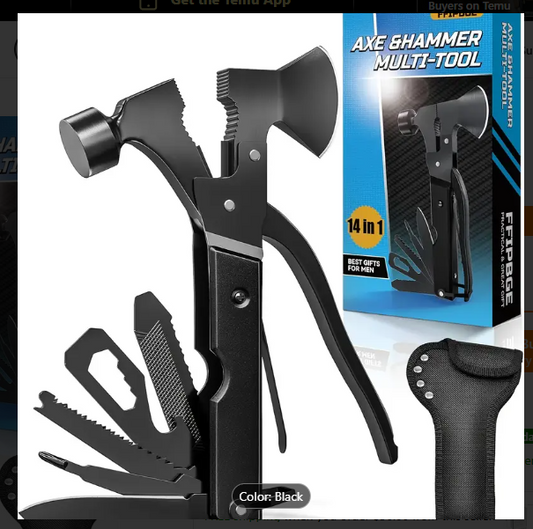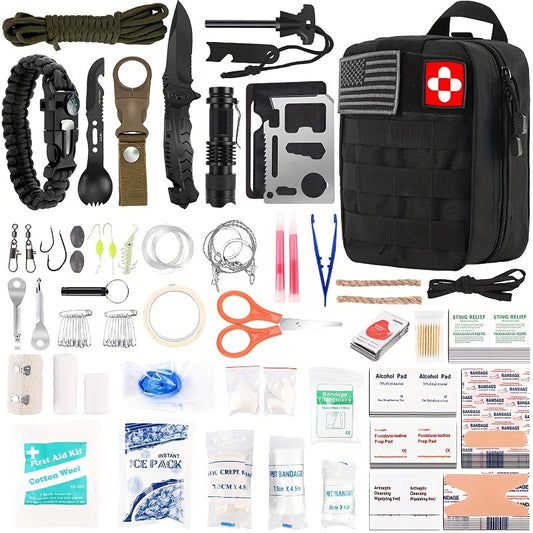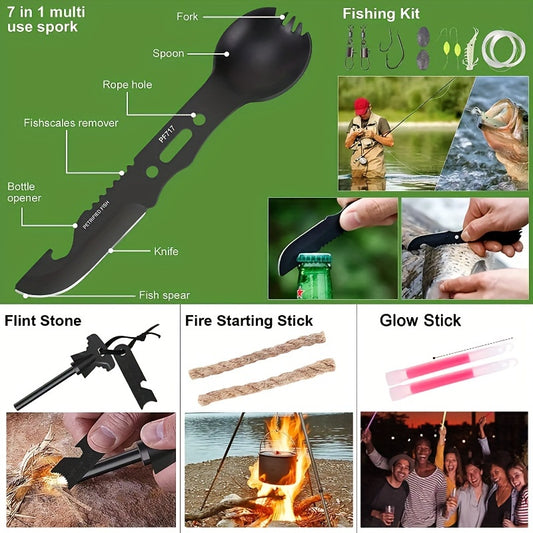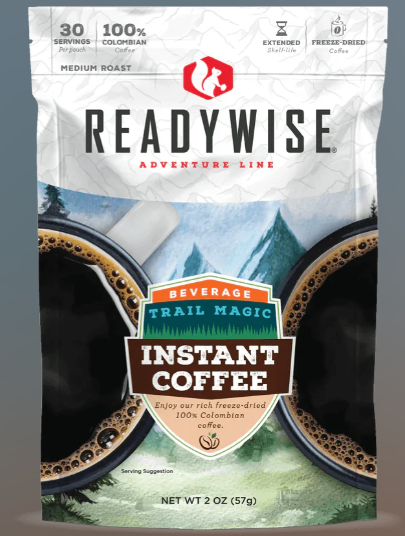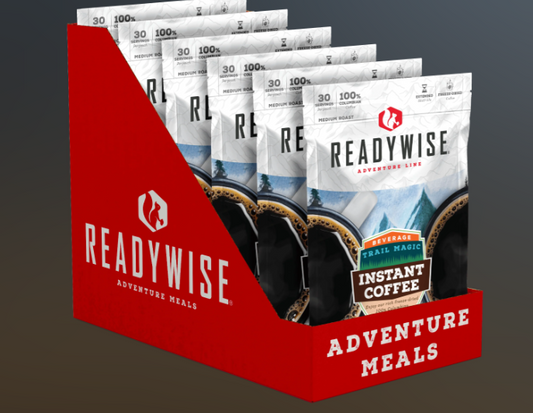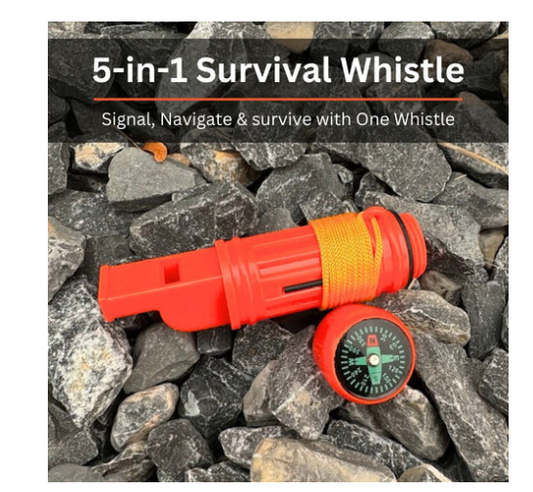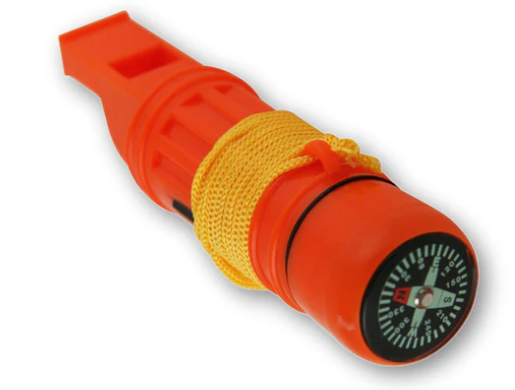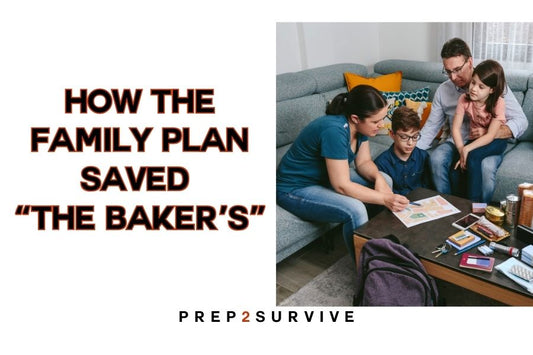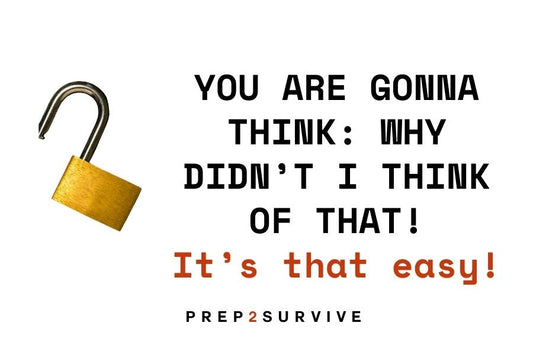"Preparedness Difference
Wikipedia says:
Preparedness is “a state of readiness... forecasting and taking precautionary measures before an imminent threat when warnings are possible".
Prep2Survive says:
Preparedness is having enough snacks, batteries, and backup coffee to ride out life’s curveballs without losing your mind. It’s about staying ready so you can keep your cool when the power goes out, the stores close, or your neighbor “borrows” your flashlight.
No politics. No fear-mongering. Just smart, sassy, self-reliance.

